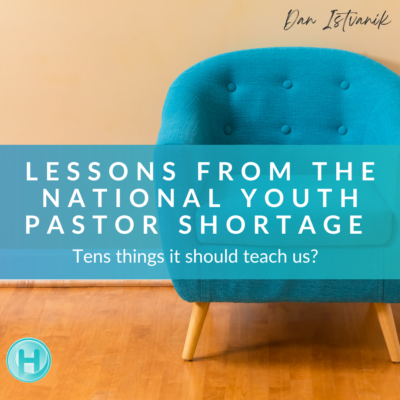Youth Ministry Hints, Youth Ministry Thoughts
Ministry Sociologists and Historians
Ministry Sociologist and Historian, As a youth pastor at a new church, you are uniquely positioned to play dual roles as both a sociologist and a historian.
This combination enables you to understand your existing church culture and dynamics, while simultaneously helping you develop a long-term vision for the future. Approaching your ministry with this mindset will allow you to connect deeply with the congregation and with your students, while helping to create a ministry that is sustainable, innovative, and relevant to their lives.
The Role of a Sociologist in Youth Ministry
Sociology is the study of human behavior, social groups, and institutions. As a youth pastor, your job is to first understand the existing social structure within the church community. When you enter a new church, one of your first tasks should be to observe the congregation, particularly the youth, through a sociological lens.
Ask yourself:
What are the social norms and values that govern interactions within the church community?
Who are the formal and informal leaders among the youth? Who holds influence and why?
How do different groups within the church interact (youth, parents, older adults, church staff)?
These questions allow you to map out the social landscape of the church. Understanding how people relate to one another will help you design a youth ministry that fits within the larger community while also addressing the specific needs of this emerging generation of believes .
Youth ministry, in particular, must focus on the social needs of young people. Adolescence is a period marked by identity exploration, the need for belonging, and the desire for autonomy. To be effective, you’ll need to create spaces where young people can feel a sense of belonging, while also exploring their faith in a way that speaks to their individual and collective experiences. This just might mean rethinking traditional formats of Bible studies or youth groups and moving toward more interactive, peer-led models (Read More) where youth have a voice in shaping the direction of the ministry.
The Role of a Historian in Youth Ministry
While sociology helps you understand the present, history helps you understand the past. As a historian, your job is to learn the church’s history—both its formal and informal story. This is more than just reading through archives or old church records. It’s about listening to stories from long-time congregants, understanding the challenges and successes the church has faced, and recognizing the traditions that are central to its identity.
Here are some key historical questions to explore:
What is the theological or denominational tradition of the church, and how has that shaped its youth ministry in the past?
Have there been past youth programs or efforts that were particularly successful or unsuccessful? Why
What cultural and social changes have affected the church and its congregation over the years?
Has there been any past hurts or issues particularly within the youth ministry? Including firings/dismissals?
Understanding the history of the church allows you to respect its traditions while identifying areas for growth and innovation. If a certain youth program has failed in the past, it’s important to understand why—was it a mismatch with the church’s culture, or was it simply ahead of its time? If the church has a history of successful youth outreach, what elements of that program can be adapted to meet the needs of today’s youth?
Balancing Past Tradition and Future Innovation
The challenge of being both a sociologist and a historian in youth ministry lies in balancing tradition with innovation. As you study the church’s history and observe its current social dynamics, you may find areas where the church’s traditional practices need to evolve to meet the needs of today’s youth. At the same time, you’ll want to ensure that any new approaches respect the church’s identity and values.
Innovating within a historical context requires careful consideration. You may find that introducing new practices—such as using technology in worship, offering social justice-oriented programming, or incorporating more differentiated teaching —helps to engage youth in ways that align with their current worldviews. However, these innovations should be introduced thoughtfully, with respect to the church’s past and in conversation with its current congregation.
By approaching your role as both a sociologist and a historian, you will be able to lead a youth ministry that is grounded in the church’s history but also responsive to the changing social needs of today’s young people. This balance of tradition and innovation, will help you create a thriving, vibrant ministry that speaks to the hearts and minds of the next generation.




